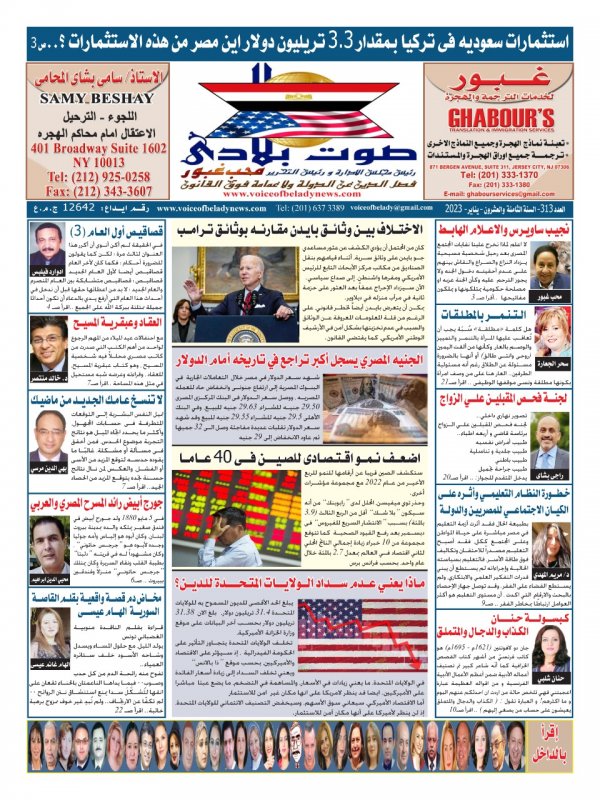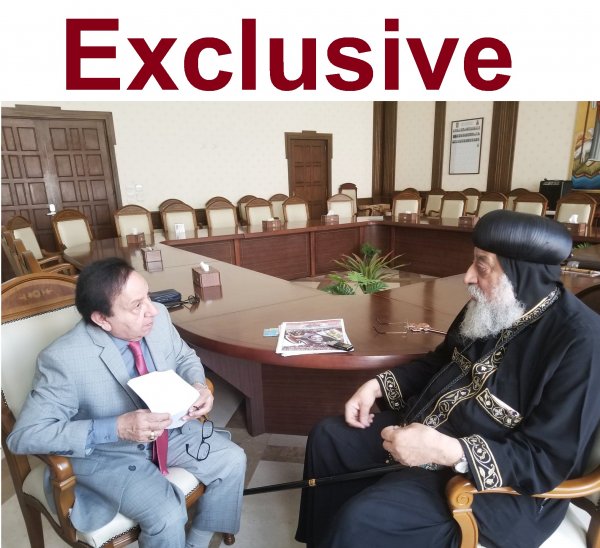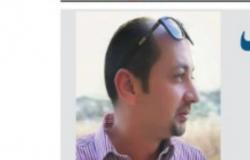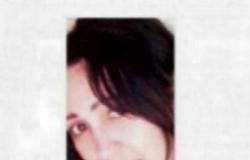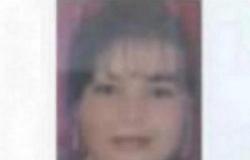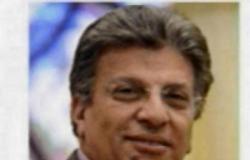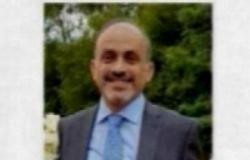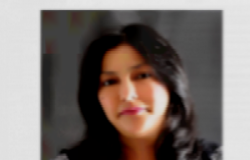Costume designer (Marisol Del Carmen) designs costumes for the play “The Tragedy of Enkidu” directed by MUNEAM SAEED
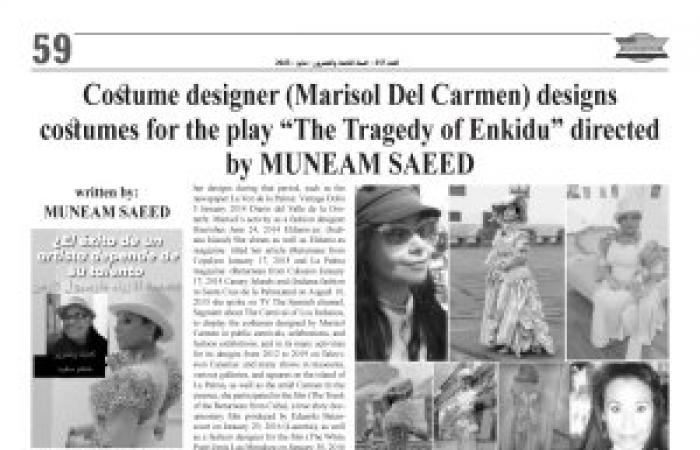
written by
MUNEAM SAEED
The fashion designer (Marisol Del Carmen) was born in Venezuela and is now residing in the Canary Islands on the Spanish island of La Palma since 1972, where she works to develop, achieve and compile what she can collect from the cultures of fashion distinction on the island where she lives (La Palma) as well as specialized European fashion in high society clothes. Carmen studied fashion and clothing technology at the (Manolo Blahnik) School of Art. In addition to her studies, she prepares haute couture designs that show her vision of elegance and trends in a society rich in traditions, sophistication and good taste with authenticity. Her studies and beyond, which made her present her wonderful works at the level of the island and the archipelago (the Canary Islands) on multiple occasions
Many press articles were published about her designs during that period, such as the newspaper La Voz de la Palma: Vintage Dolls 5 January 2014 Diario del Valle de la Orotarfa: Marisol's activity as a fashion designer flourishes June 24, 2014 Eldiario.es: (Indiana Island) She shines as well as Eldiario.es magazine: titled her article (Returnees from Copal)on January 17, 2015 and La Palma magazine: (Returnees from Cuba)on January 17, 2015 Canary Islands and (Indiana fashion in Santa Cruz de la Palma)and on August 10, 2015 she spoke on TV The Spanish channel, Segment about The Carnival of Los Indianos, to display the costumes designed by Marisol Carmen in public carnivals, celebrations, and fashion exhibitions, and in its many activities for its designs from 2012 to 2019 on Television Canarias: and many shows in museums, various galleries, and squares on the island of La Palma, as well as the artist Carmen In the cinema, she participated in the film (The Trunk of the Returnees from Cuba), a true story documentary film produced by Eduardo Betancourt on January 29, 2016 (Lucretia), as well as a fashion designer for the film (The White Poet) Jenis Lau Mendoza on January 30, 2016 Little Festival of Santa Cruz de la Palma as a distinguished and creative fashion designer to complete her creative work from May 19 to 27, 2017. She launched her ambition to be global and continues to convey her message to the world. She presents her fashion as an artist by making her designs with new visions that mimic the culture and history of her country and its artistic heritage.
Describing her work, she said: By this, part of my long working experience and repertoire is represented, in which I showcase part of the history of my country and the island in which I live, and often my work is appreciated or is simply not Known through the costumes of the historical phases that characterize my designs, but I insist on presenting part of our privacy by using the workshops as a means and a tool with the work team to spread the simulation of making traditional costumes with a new composition of court fashion that emerges from simulating the means and tastes of the most loyal classes in the practice of social democracy In that era of history is implausible, giving it a decisive sobriety and quiet presence through reinterpretation.
And to adapt as much as possible with the means available, that's why today this project is open to the world, cross-cultural, and non-political as the best example of what we can best integrate a form of multicultural coexistence with amazing results. Realizing, therefore, we interpret this as an invitation to concern ourselves with how to understand beauty in a manner that characterizes the “La Palma way”, claiming that it is a comprehensive and respectful way of seeing life in peace with the world and with life like the beauty of Carmen’s belonging to her homeland – the quiet island (La Palma). The artist has always insisted that the process is the process of creating the different pieces, so that it is not limited to collecting the required materials only, from different vegetable fabrics such as linen or cotton to colored wool ribbons, crochet or other different materials. But after collecting the materials, they are taken to the workshops, where the participants learn how to transform them so that all the pieces start with drawing a pattern, then work begins in the sewing workshops for the artistic performer in a suit worn by the models or the audience creative to the widest area in the world.




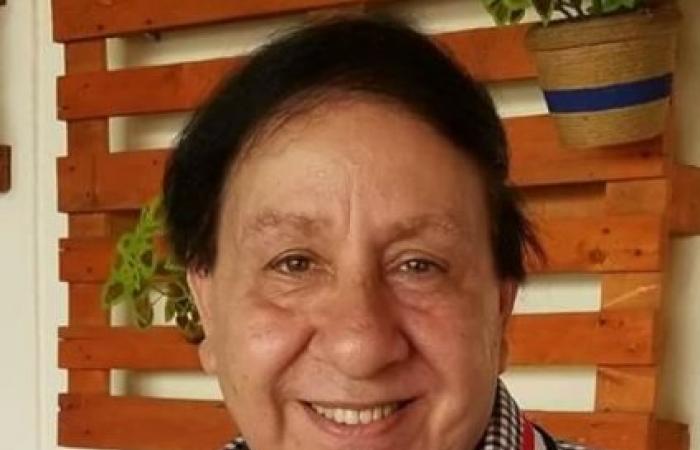 رئيس التحرير يكتب : من التراب وإلى التراب يعود .. تحويل جثث الموتى إلى سماد عضوى
رئيس التحرير يكتب : من التراب وإلى التراب يعود .. تحويل جثث الموتى إلى سماد عضوى
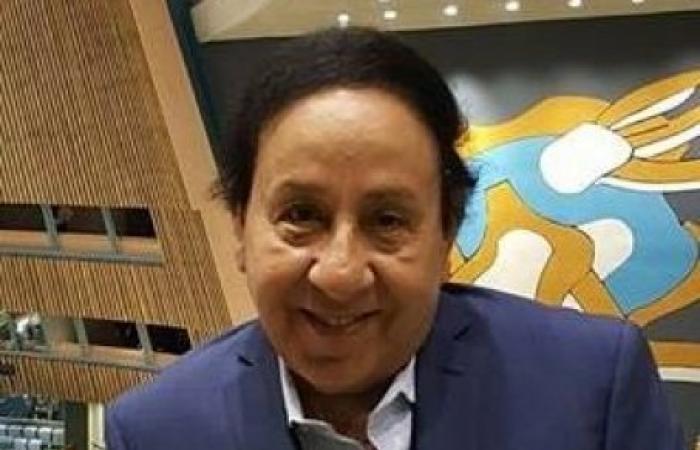 رئيس التحرير يكتب : لماذا تصر الحكومة على استمرار شريف أبو النجا رئيسا لمستشفى 57357 رغم الشواهد العديدة على فساده
رئيس التحرير يكتب : لماذا تصر الحكومة على استمرار شريف أبو النجا رئيسا لمستشفى 57357 رغم الشواهد العديدة على فساده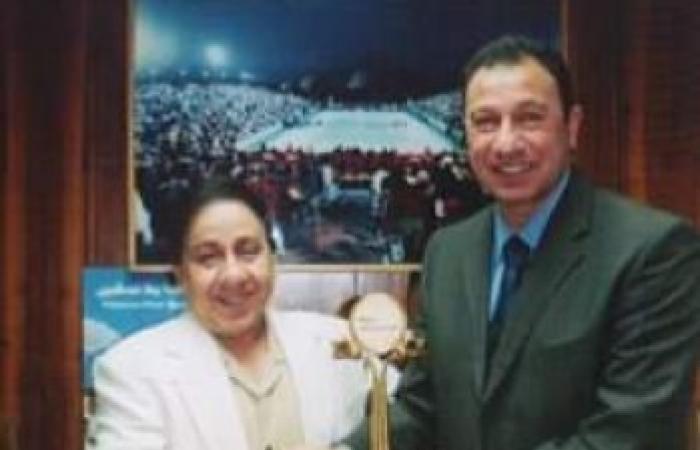 اقرأ في العدد الجديد ( عدد يناير ٢٠٢٣ ) من جريدة صوت بلادي
اقرأ في العدد الجديد ( عدد يناير ٢٠٢٣ ) من جريدة صوت بلادي
